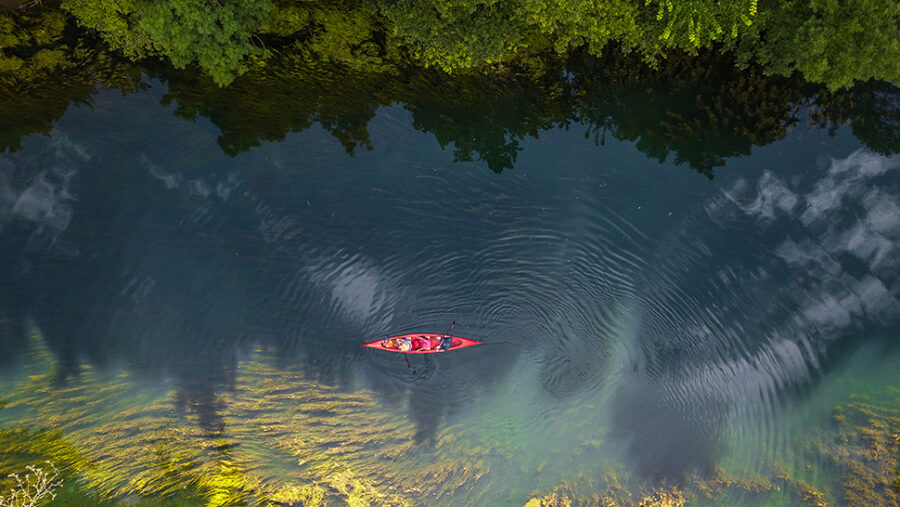

The use of rivers and lakes for recreational purposes, such as paddling and rafting, remains as popular as ever. Paddling in fishing waters, however, can give rise to conflict with anglers and may be unlawful.
While there is a public right of navigation in tidal waters, the position is often very different in non-tidal waters. There is, in general, no public right of navigation on non-tidal English and Welsh waters and such rights can only be acquired in fairly limited circumstances, such as by Acts of parliament. Canoeists often seem ignorant of this, to the frustration of many anglers and riparian owners.
In non-tidal waters, fishing rights will be held by the owner of the soil beneath the waters, unless the fishing rights have been separated from the soil ownership and are held independently. Fishing rights can be acquired by a formal grant, such as a deed, or in certain circumstances by continued use over a lengthy period – known as prescription.
A number of presumptions can apply in determining who owns the soil beneath non-tidal waters. A riparian owner of land abutting one side of a natural watercourse will be presumed to own the soil up to the centre line of the water. Where they own both sides of the watercourse, they will be presumed to own all of the bed. The owners of an enclosed still body of water, such as a pond or stream, will be presumed to own the soil beneath the waters. In general terms, the owner of the bed will have the right to use the river or stream for whatever purpose they choose, provided that the use does not interfere with the rights of other riparian owners.
The ownership of the bed of a river will generally give the owner the right to use the river for whatever purposes they choose, provided that they do not interfere with the rights of other riparian owners. This will include the right to use the relevant stretch of the river for navigational purposes and also to exercise fishing rights.
The owner of such riparian rights is also able to prevent others from exercising those rights over their land. This includes using the water for navigation. If there has been an unauthorised use, such as canoeing, without the owner’s consent, then this will constitute trespass. Paddling might also disturb fish and interfere with floats and lines. This can be a source of real conflict with anglers.
The value of fishing rights might also potentially be eroded where there is a repeated, unauthorised use of the relevant stretch of water. Often, canoeists will be unaware that they do not have a right of navigation. Where permission is sought, many landowners will be content to grant permission for certain limited use. If permission is not granted, however, then any unauthorised use will amount to trespass, and could give rise to a claim for an injunction to restrain the trespass or damages.










